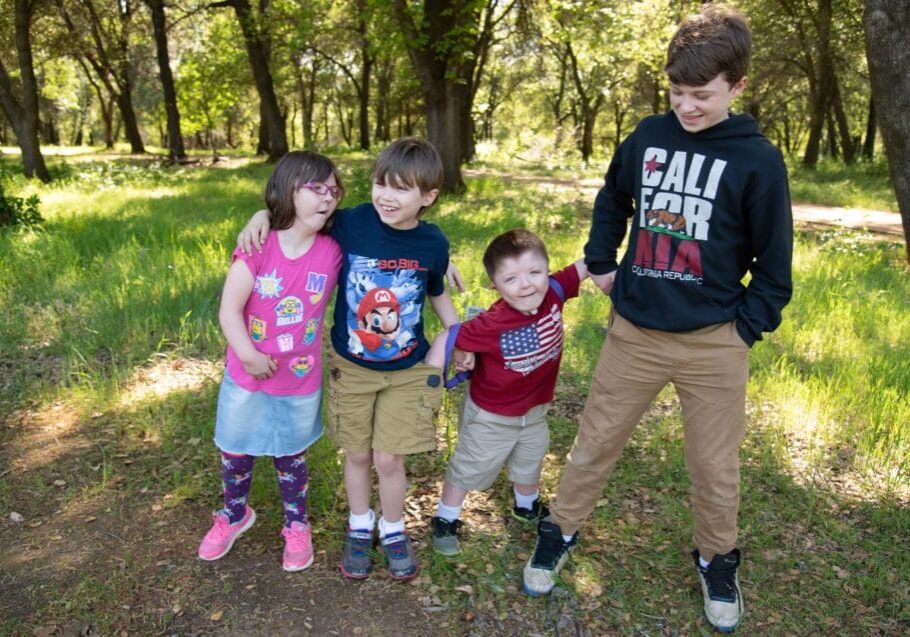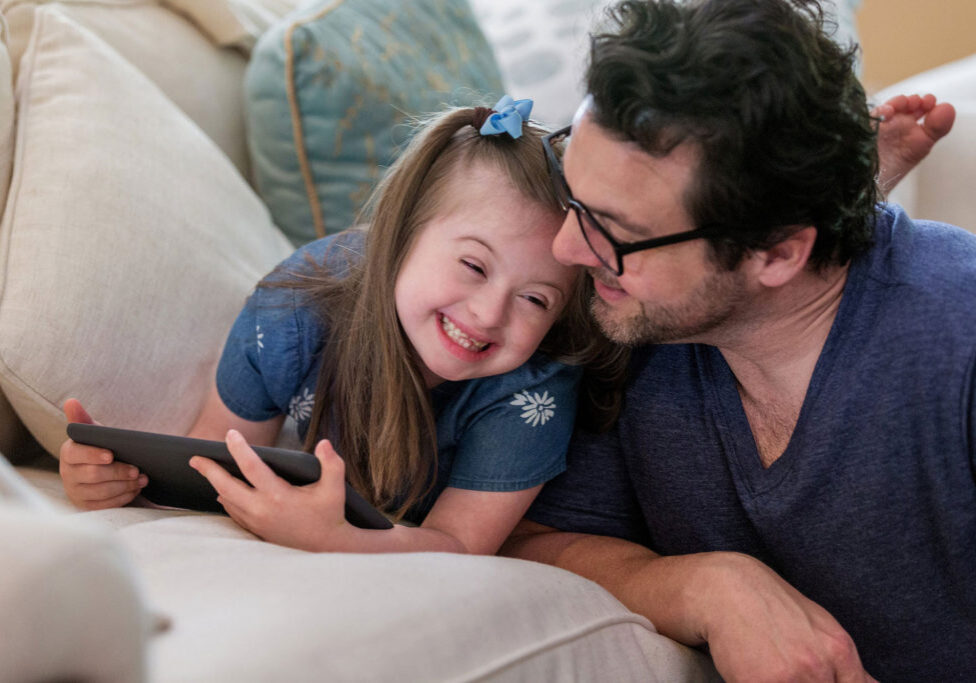For most parents, the idea of an “empty nest” is a bittersweet milestone. It marks the time when their children leave home and parents shift into a new phase of life—one with fewer responsibilities and more time for themselves. But for parents of children with significant disabilities, this transition often never comes. Their children will live with them for as long as they can provide care. The role of “parent” remains an active, full-time commitment well into their senior years. This reality comes with unique joys and challenges and while it’s rarely talked about outside of disability communities, it’s something thousands of families like mine navigate every day. While our daughter is only 18 and we haven’t hit the “golden years” quite yet, it’s something that we think about often.
Living alone isn’t always an option for adults with disabilities
For many adults with intellectual, developmental or physical disabilities, independence isn’t an option—at least not in the traditional sense. Some may never be able to live alone safely due to medical needs, mobility limitations or cognitive disabilities. Others might need round-the-clock supervision or assistance with daily tasks like eating, dressing or using the restroom. Even with community support services, the reality is that many adults with disabilities require care that only a parent or dedicated caregiver can provide. For parents in this situation, raising their child doesn’t end when that child becomes an adult. It simply evolves into a lifelong commitment. The traditional idea of “launching” a child into the world doesn’t apply in the same way to families of children with disabilities. Instead of independence, the focus is on interdependence—building a life that allows their child to thrive while remaining in the care of their family.
Situations like this could involve the disabled adult participating in a day program where they engage in social activities, learn new skills and build friendships while returning home to the stability of their family each evening. It could also mean finding ways to foster independence within the home and out in the community, such as using assistive technology for communication, adaptive tools for daily living or structured routines that empower them to make choices about their day. Interdependence acknowledges that while full independence may not be possible, a fulfilling, engaged life is—with the right balance of support and autonomy.
Parenting an adult with disabilities can be rewarding and isolating
The journey of parenting a child with disabilities into adulthood is full of love, connection and purpose, but this path can also be isolating. We see family and friends with children the same age who are leaving for college, living independently – some even starting families of their own. While we’re so happy to see them thriving, there is also that pang of sadness that our child will most likely never experience those milestones. As parents our age become empty nesters, taking up hobbies, traveling and enjoying newfound freedom, we will still be coordinating therapies, medical appointments and daily care routines. Social events, vacations and even simple things like a spontaneous night out will still require careful planning.
I’ve had people ask if we’ve considered a group home or an assisted living facility, and while that may be a good option for some, we know it wouldn’t be a good fit for our daughter. Even if it was something we wanted, disability services like this often have long waitlists and limited availability. For many parents like us, the only viable option is to continue to provide care for as long as possible, often into our twilight years.
Make no mistake, we wouldn’t change our role for anything and we’re committed to providing the best possible life for our child. But that doesn’t mean it isn’t exhausting. It doesn’t mean we don’t worry about the future. We wonder what will happen when we’re no longer able to physically care for our child. We think about the what ifs, the possibility of our own declining health and, of course, what happens when we’re gone. In the meantime, we’ll still be here advocating for her needs and ensuring she has a life filled with stability, dignity and opportunities, because that is what she deserves.
Posted in: Uniquely Us
Comment Policy: All viewpoints are welcome, but comments should remain relevant. Personal attacks, profanity, and aggressive behavior are not allowed. No spam, advertising, or promoting of products/services. Please, only use your real name and limit the amount of links submitted in your comment.
You Might Also Like...
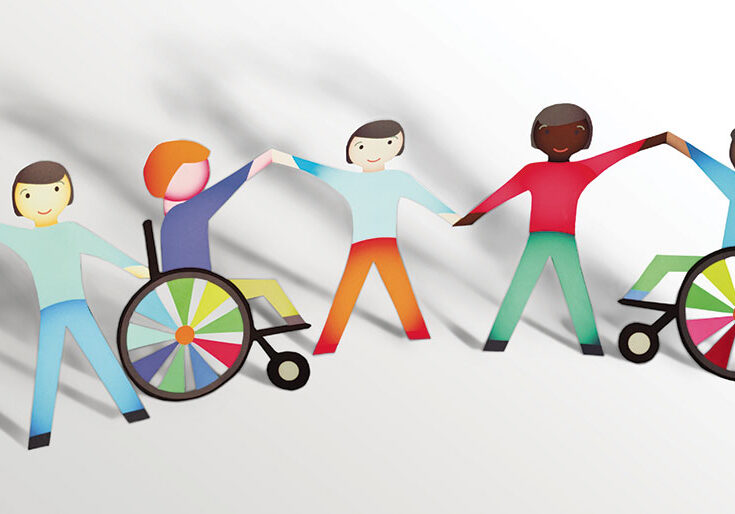
Uniquely Us – Back to School: Helping Children Understand Inclusion
It’s that time of year again! All over the North State parents are preparing to send their kids back to school. New clothes, new backpacks and new school supplies are […]

Summer Road Trip Tips for Families with Medically Complex or Neurodivergent Kids
School is out, which means many families will take advantage of this time to plan getaways. Traveling with young kids is always an adventure, but traveling with medically complex kids, […]
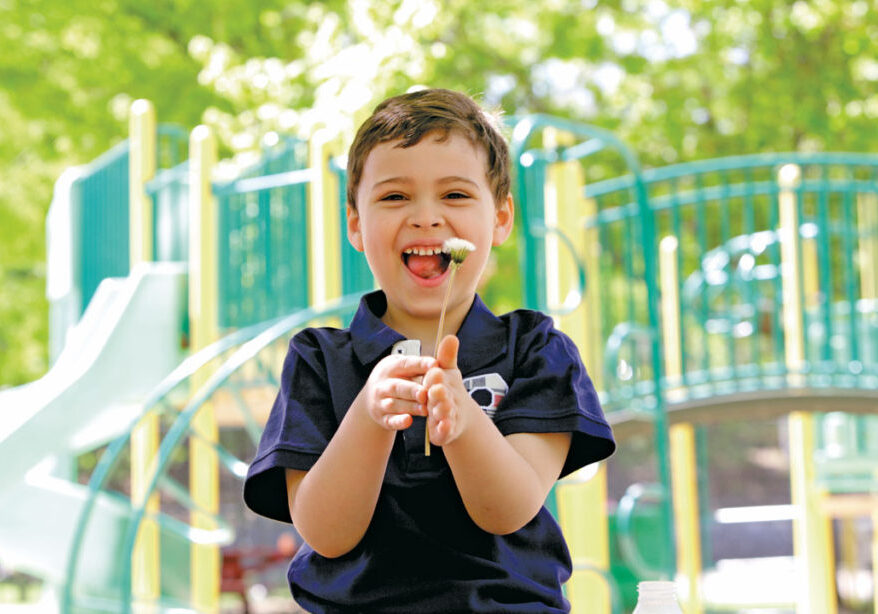
Autism Awareness Month
Autism Awareness Month: Spotlight on Little Red Hen’s Autism Lifespan April is Autism Awareness Month, and there are many organizations in the North State that provide valuable services to families […]
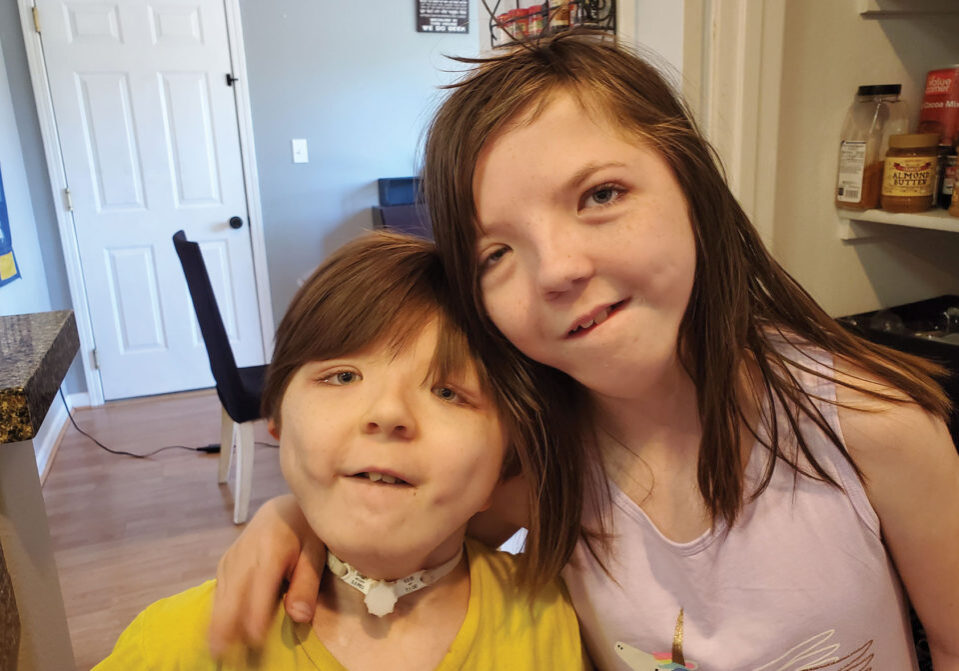
A Retreat for those with Facial Differences
Craniofacial conditions affect around 600,000 Americans Approximately 600,000 people in the United States live with a craniofacial condition or facial difference. That 600,000 includes two of my children and me. […]




